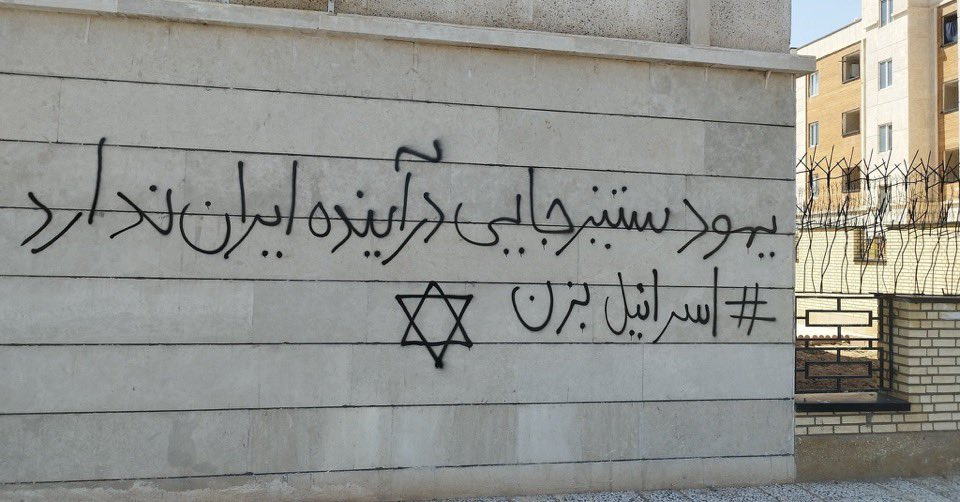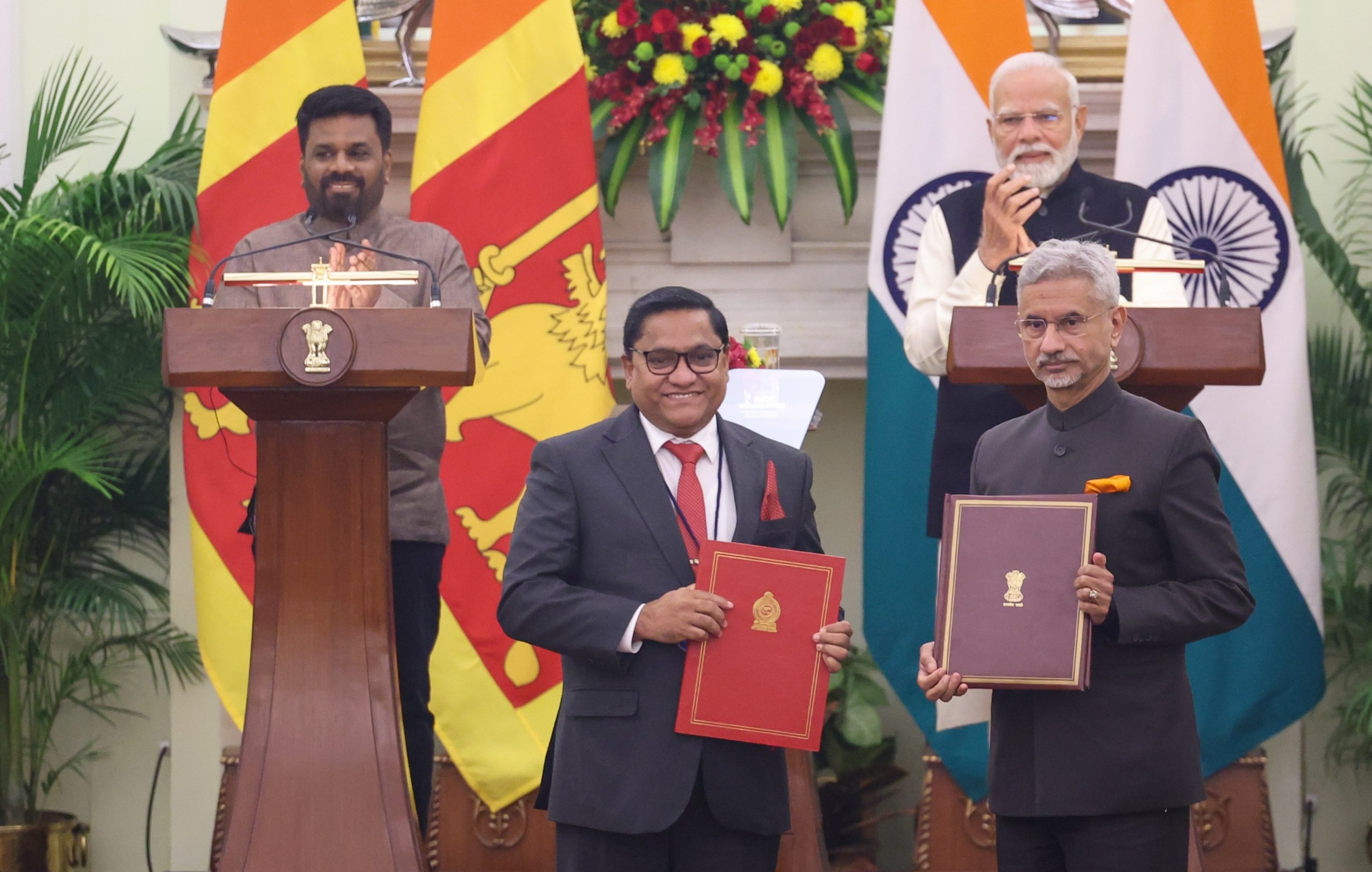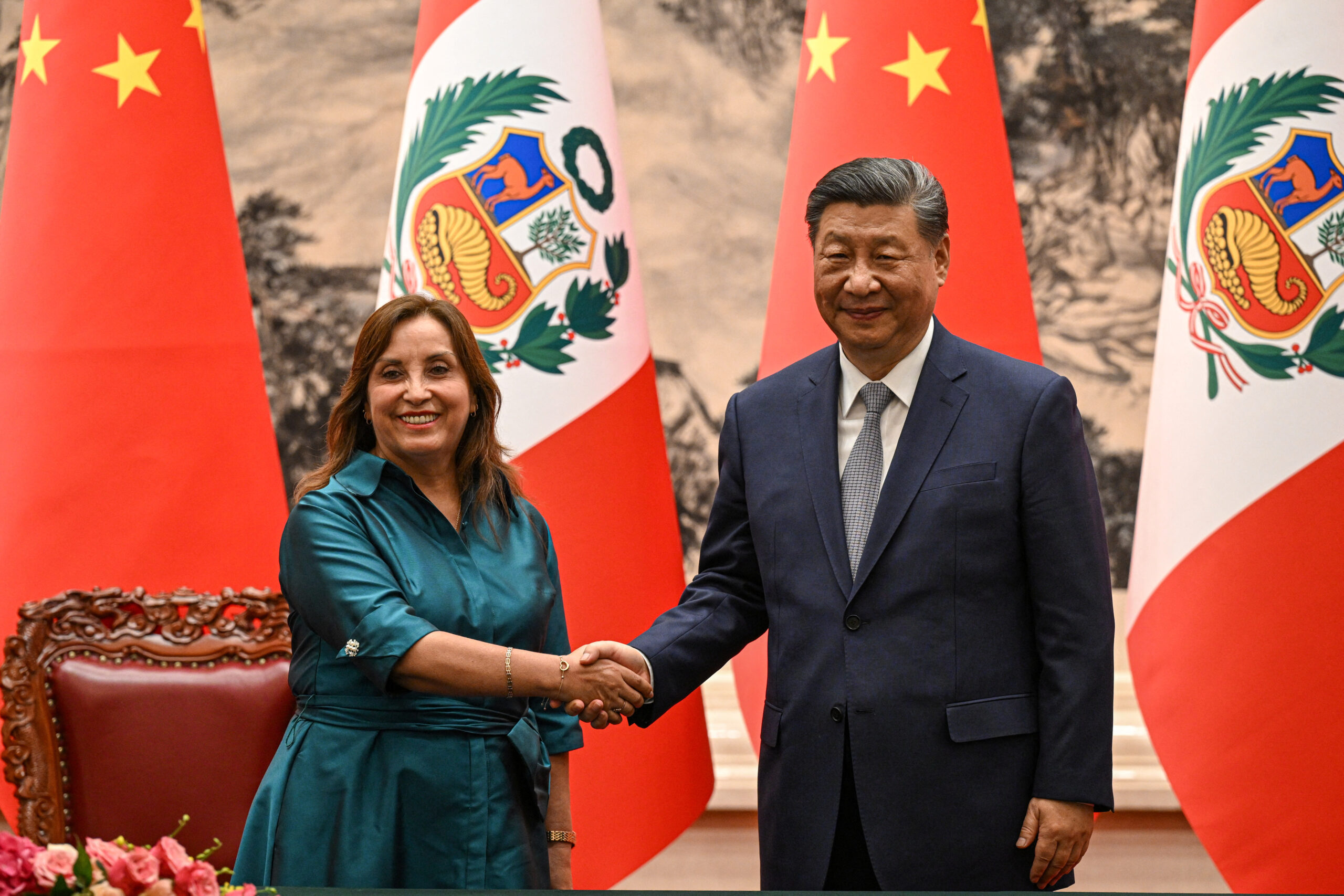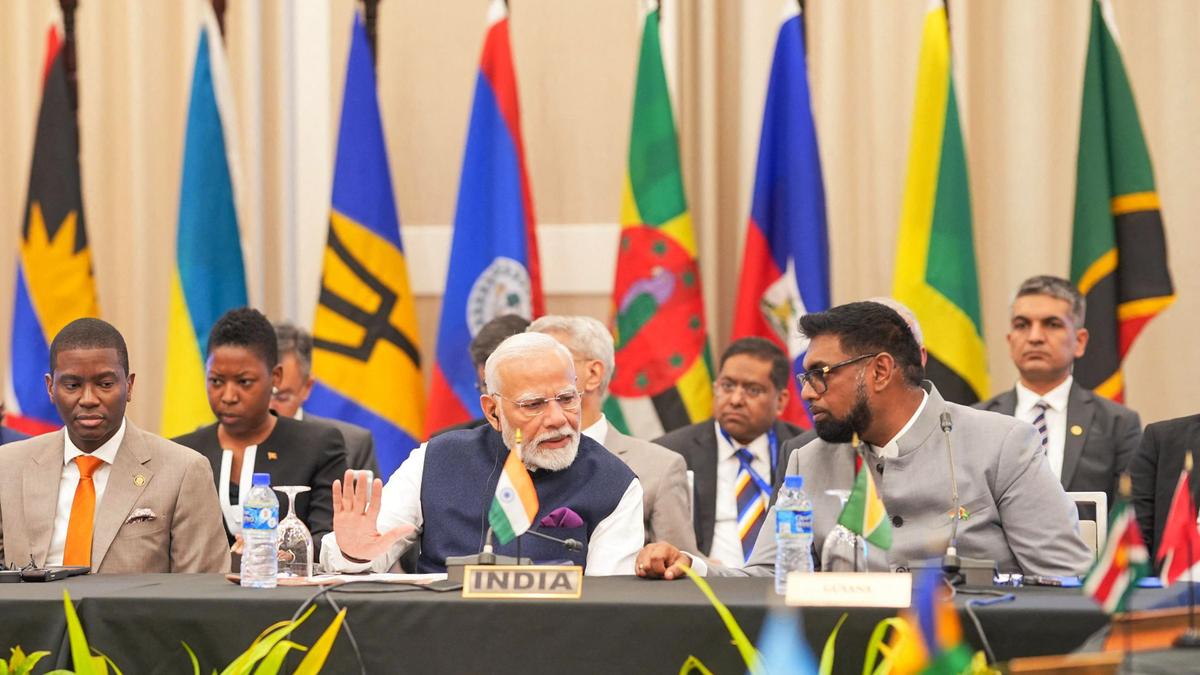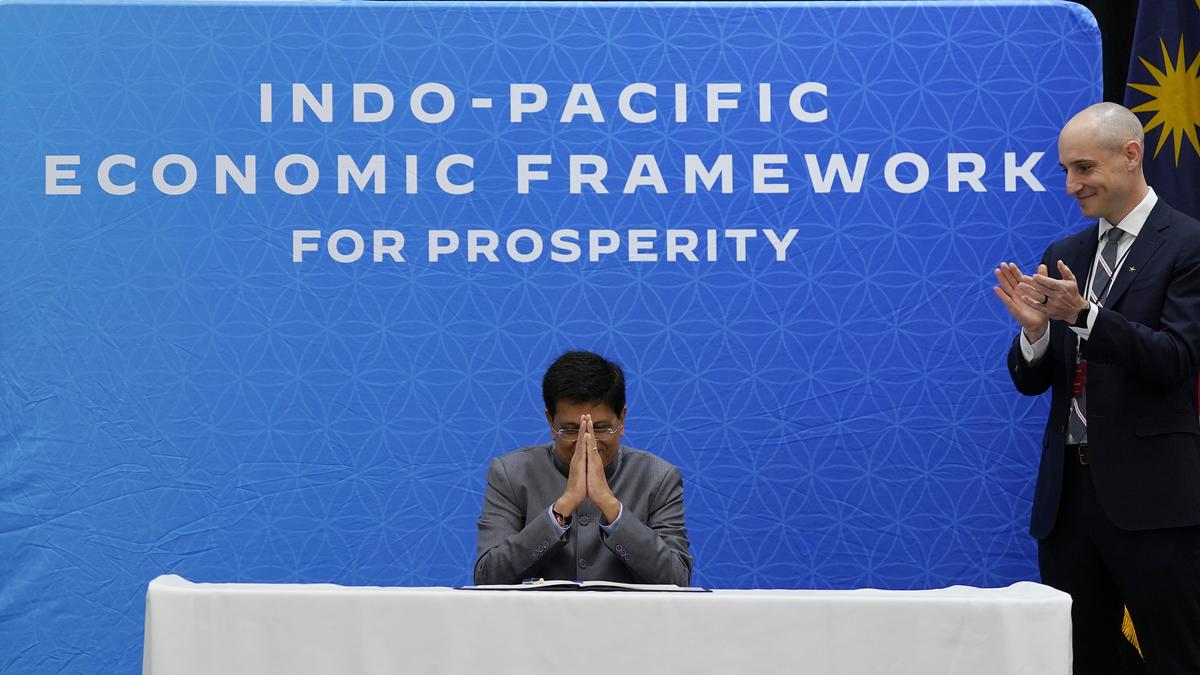Iran’s Jews in the crosshairs
Iran has the largest Jewish diaspora in the Middle East outside of Israel. Since the 7 October 2023 attack on Israel by Hamas, a proxy of Iran, the Iranian Jews have been publicly denouncing Israel’s actions in Gaza and Lebanon. Is this a sign of a loyal community or one under pressure from Iran’s ruling regime?

